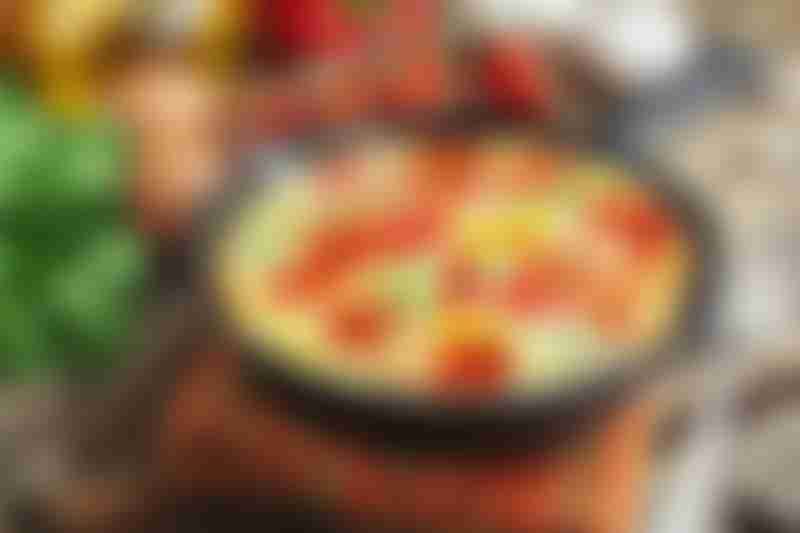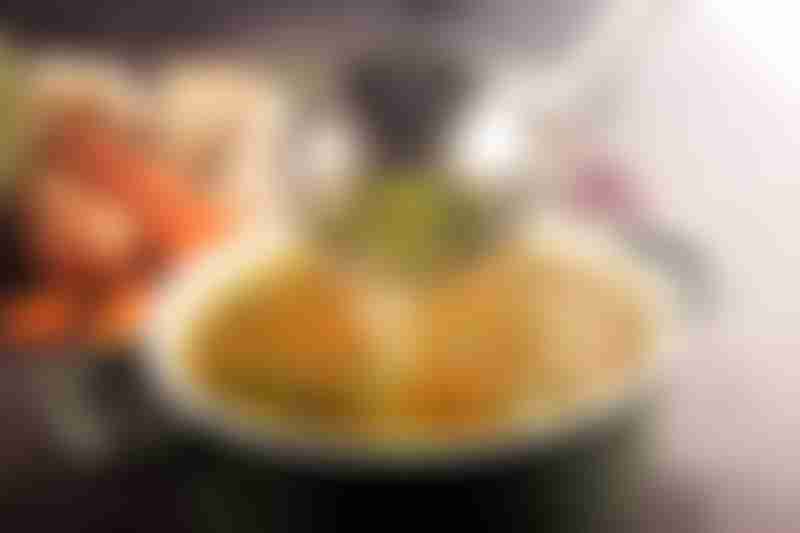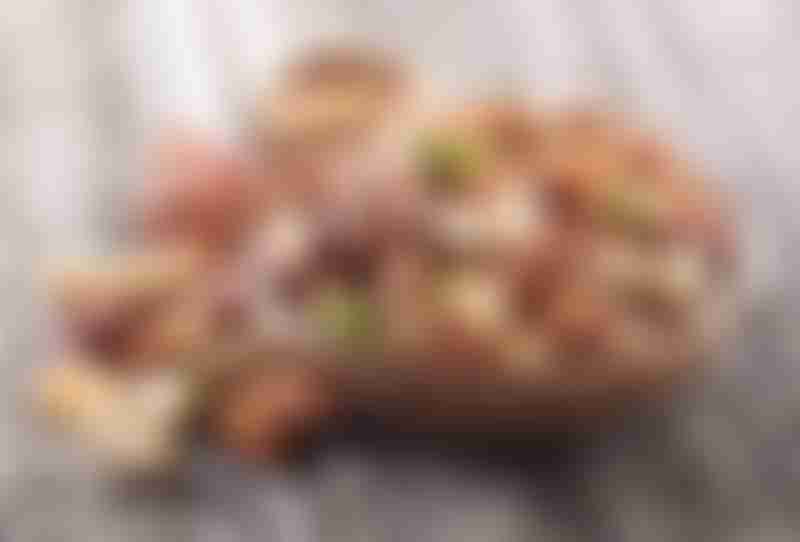7 Tips to Help Manage Your Diet After a Colostomy

Source: Shutterstock.
Having colorectal cancer can be life-changing in many ways. This can extend beyond treatment as you recover from the disease. As part of your treatment plan, you might have undergone a temporary or permanent colostomy. Like many other abdominal surgeries, a colostomy will impact your diet and the things you can and cannot consume.
Recovery after a colostomy can differ between individuals, and eating certain foods again may require time. This article covers:
- Seven tips on how to manage your diet after a colostomy
- A quick list of foods that you can slowly add to your diet
- Foods you should limit and avoid
What is a colostomy?
A colostomy is a surgical procedure that creates an opening in the abdomen through which the large intestine is brought out and attached to the abdominal wall. This allows waste to be removed from the body through a stoma, which is a small opening in the abdomen. The surgery is used to treat colorectal cancer, inflammatory bowel disease, or other conditions that affect the digestive system.

A colostomy creates a hole in the abdomen known as a stoma, through which waste from the body passes through into an ostomy bag.
Source: Shutterstock.
After a colostomy, your body requires time for your surgical wounds to heal. Your body may also need to adapt to having a shorter colon if you have a colectomy. This means that your gut will not be able to process food in the same way as before your surgery.
Besides giving time for your body to heal, your diet also needs to be carefully managed to avoid complications. These may affect the health of the stoma (the hole made in your abdomen). Complications and physical conditions such as odor depend on the food you consume and how frequently you do it.
1. Start slowly and introduce new foods gradually.
Starting with a soft and low-fiber diet is important. It may be off-putting even for non-foodies, but ‘bland’ food is more easily digested. Well-cooked food that isn’t spicy, heavy or fried can prevent diarrhea, blockages and discomfort from bloating or gas. Your healthcare provider or a registered dietitian can help you create a meal plan that is appropriate for your specific needs and preferences.
When you are ready to introduce new food back into your diet, you should:
- Do so one food item at a time
- Introduce new food in small amounts
- Take note of any differences or effects after each meal
To that end, you can consider keeping a food diary to help you keep track of things.
This new dietary regimen may be a challenging change, but transitioning can be easier with guidance from your healthcare team and nutritionist. Make sure to ask questions or clear any doubts that you may have.
2. Drink plenty of fluids.

Drinking clear broths is one way to stay hydrated.
Source: Shutterstock.
Drinking plenty of fluid helps prevent dehydration and ensures the fiber in your stool does not cause blockage. Water, herbal teas, non-carbonated isotonic drinks and clear broths are good options. Avoid sugary and carbonated drinks, which can cause gas and discomfort. The daily recommendation is 8 to 10 glasses of fluid (about 2 liters).
3. Choose low-fiber foods.
It takes the body time to readjust to high-fiber diets. Low-fiber foods are easier to digest and less likely to cause problems after a colostomy. Some examples of low-fiber foods include white bread, pasta, rice, cooked vegetables (without skin or seeds), canned fruits, and lean meats.
At the same time, it is important to consume enough fiber as a lack of it can cause constipation. If you feel constipated, contact your doctor to determine if you can introduce high-fiber food or supplements into your diet.
4. Eat small, frequent meals.
While recovering, it is important to avoid taxing your digestive system heavily. Instead of eating three normal meals a day, try eating small, frequent meals throughout the day. This can help prevent discomfort. At the same time, thoroughly chewing your food and eating slowly will also help prevent irritating your bowels.
5. Avoid foods that can cause blockages and gas/odor.
Certain foods can cause blockages in the stoma, which can be painful and require medical attention. Avoid nuts, seeds, popcorn, corn, coconut, and raw fruits and vegetables, as the high-fiber content can make it difficult to digest.

Food such as nuts should be avoided due to their high fiber content and tendency to cause gas buildup.
Source: Shutterstock.
Some fruits and vegetables are also prone to producing more gas and odor when consumed. To reduce gas and odor, limit your consumption of:
- Asparagus
- Onions
- Garlic
- Leeks
- Broccoli
- Cauliflower
- Corn
- Nuts
6. Be mindful of your salt and sugar intake.
After a colostomy, it is important to be mindful of your salt and sugar intake. Too much salt can cause dehydration and increase the risk of kidney problems. At the same time, too much sugar can cause diarrhea and other digestive problems.
7. Avoid habits that cause gas buildup.
While some food can cause gas buildup in your gut, there are also habits that can lead to gas-related discomfort, such as:
- Chewing gum
- Drinking through a straw
- Smoking or chewing tobacco
- Consuming alcohol (especially beer)
At the same time, eating too fast or skipping meals will also lead to similar problems. Try keeping to small but regular meals to ensure that your meals are easily and well digested.
What to eat and what to avoid after a colostomy
The list below gives you a better idea of what you can eat after your colostomy. Remember, it is also normal to have a reduced or low appetite after your surgery. Nonetheless, you can regain your appetite over time and enjoy more variety in your meals again.
EAT | Reasons | AVOID | Reasons |
|---|---|---|---|
Soft, cooked vegetables without skin or seeds | Easy to digest | Raw fruits and vegetables with skin or seeds | Difficult to digest, can cause discomfort |
Canned fruit* *choose fruit without skin or seeds | High in vitamins and fiber | Nuts, seeds, popcorn, and corn | Difficult to digest, can cause stoma blockage |
White bread, pasta, rice | Low-fiber food | Whole grains, beans, and lentils | High-fiber food; causes gas, bloating and discomfort |
Lean meat | Good protein source | Fatty meat and dairy | Difficult to digest, excessive fat intake |
Eggs | Good source of protein | Spicy food | Capsaicin and acids irritate digestive system |
Selected dairy products* *choose low-fat and avoid excess fat and lactose dairy | Good protein and calcium source | Sugary and carbonated drinks | Carbonation causes gas build-up and discomfort |